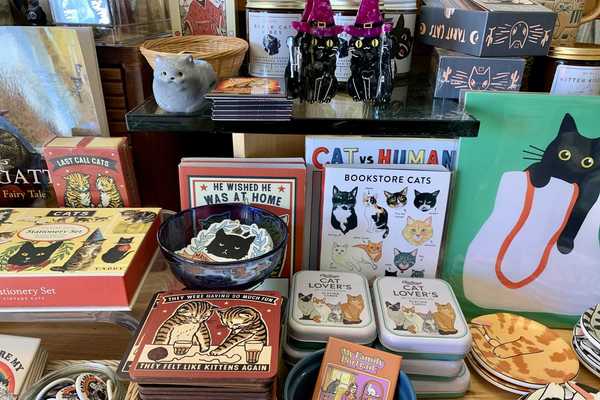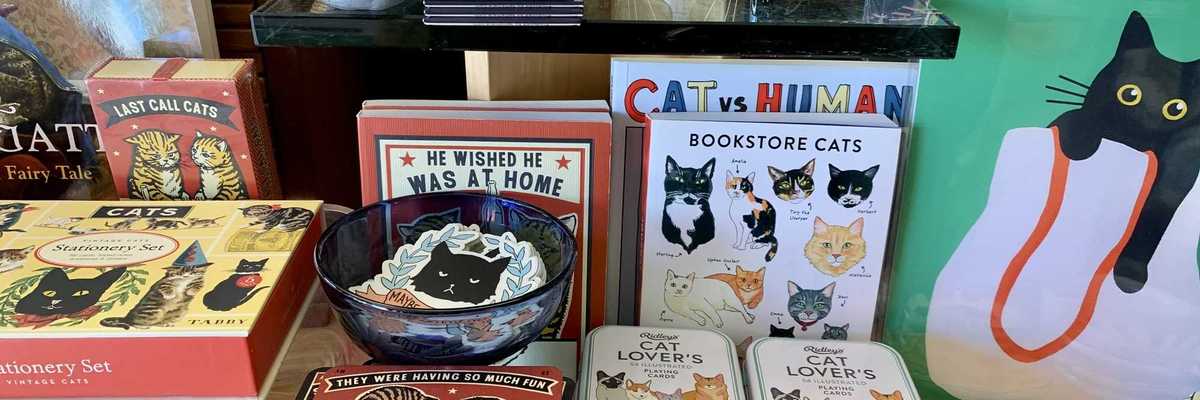Time magazine has called Chuck Klosterman one of America’s foremost authorities on pop culture—and for good reason. The best-selling author, who grew up in rural North Dakota, has an insatiable appetite for music and sports and brings a keen analytical eye to mainstream culture. The Believer, ESPN, Esquire, GQ, The New York Times Magazine, Spin, The Washington Post, and more have tapped him for his extensive knowledge on all things A&E. He’s penned seven books, including a collection of essays in 2003’s Sex, Drugs, and Cocoa Puffs (Scribner), in which he waxes on about reality TV, Billy Joel, and the Celtics-Lakers rivalry. Klosterman now writes about his many passions for Grantland, a sports and culture site launched earlier this year by ESPN’s Bill Simmons. His latest book, The Visible Man (Scribner), is due out Oct. 4 and explores themes of voyeurism, normalcy, and reality. Sound too lofty for your taste? Think again. Klosterman is not your typical, buttoned-up media theorist. The New Yorker lends sharp humor to every page he writes (trust us—you’ll laugh out loud). Consider him a laid-back professor of pop.
In your new book, the protagonist uses cloaking technology to render himself nearly invisible. What was your inspiration for this story?
It was a combination of a lot of unconnected things. I happened to read H.G. Wells’ The Invisible Man again in 2008, which I remembered loving in sixth grade. But, of course, it seemed like a totally different book as an adult. The plot became irrelevant. I became fixated on the personality of the invisible man and about what type of modern human would be obsessed with that specific power. I was also thinking a lot about the process of interviewing, how the media makes it impossible to comprehend reality, and the degree to which any person’s own sense of self is inevitably inaccurate. I became interested in people who can’t tell the difference between their actual lives and their own lies. Somehow that ended up being what the book is about, but I really didn’t know what was going to happen in the story until I started writing it.
Sex, Drugs, and Cocoa Puffs is the most recognized title of yours. How is it different from your other books?
It’s certainly the book I get asked about the most. That’s probably the biggest difference. It also tapped into the much-ignored breakfast market, which is probably why it sold so many copies: 42 percent of the people who purchased that book unknowingly believed they were actually buying a box of cereal.
How do you tackle writer’s block?
I just pretend it’s not actually happening.
How did you become an expert on pop culture?
Drugs and reference books. Actually, that’s the name of my glam band— Drugs ’n’ Reference Books.
In your opinion, what’s the strangest pop culture phenomenon of the past 20 years?
That’s a tough one. Right now, I’d say it’s probably the exponential increase in seriousness that pop culture is granted by the mainstream media. Go back a little further, and I’d say the strangest cultural phenomenon of the past 20 years is the death of the telephone. If your telephone rang in 1991, you answered it because you had no idea who was calling. Everyone answered every call they received, and I’d guess that about 90 percent of remote communication was still focused around talking. Today, that number is probably 10 percent. People underrate how much this has changed the world.
If you could have lived during another time, what era would you pick, and who would be in your social circle?
I would live in the distant future and incessantly whine about how awesome it would have been to have lived when grunge rock was popular. My social circle would consist of enslaved robots and sexy holograms.
You’re writing for Bill Simmons’ website Grantland. Can you shed some light on why guys are so obsessed with sports?
I suppose it must have something to do with the way regular society has devalued physicality and how standard reality has no rules, but maybe it’s just because sports are on TV. Maybe it’s because 100 percent of all men are secretly gay, except for the ones who don’t like sports. I don’t really know. We have to be obsessed with something.
Who’s your favorite football team: Minnesota Vikings, Green Bay Packers, NY Giants?
The Maine Maritime Academy Mariners.
You used to write for Spin. What’s the best band interview you ever did?
Probably Wilco. They seemed the most normal. Although Jeff Tweedy went into rehab the day after our interview, so maybe I have no idea what normal people are supposed to act like.
What do you make of this new wave of folk music?
It seems to involve a lot of beards and crystals.
Who would win in an arm wrestling match—Kanye West or Jay-Z?
Whoever wears the heavier wristwatch. I suppose Jay-Z would have a psychological edge if Kanye wore a sweater vest.
You’re a Midwesterner turned New Yorker. How has that changed you as a person?
I grew a beard and purchased a bunch of crystals.
Chuck Klosterman reads from The Visible Man at The Booksmith on October 11 as part of this year's Litquake Festival. 1644 Haight St. (at Belvedere), 415-863-8688.




















